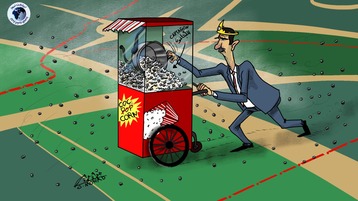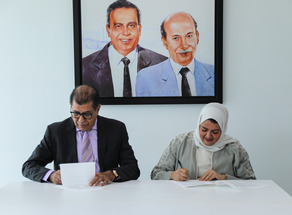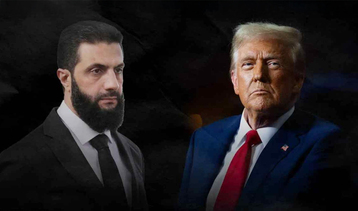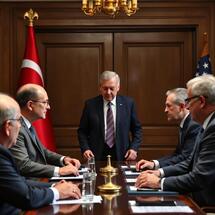-
Sunak defends budget plans and insists 1% rise for NHS staff is fair
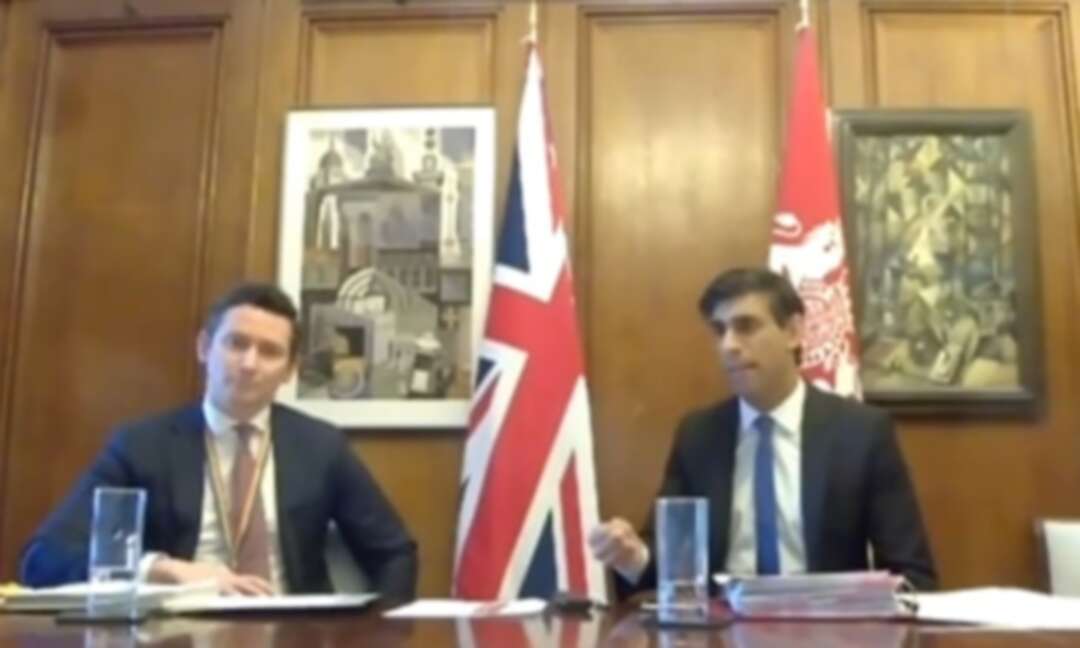
Chancellor tells MPs that his decisions were made in response to £355bn budget deficit
Rishi Sunak has rejected criticism that his budget plans to repair the government’s finances after Covid-19 were unrealistic, and insisted a 1% pay rise for NHS staff is fair.
The chancellor said the pay offer, alongside plans for a wider public sector pay freeze, was “proportionate, fair and reasonable” given the damage to the government’s finances caused by the pandemic and as many workers in the private sector have lost their jobs.
Answering questions from MPs on the Commons Treasury committee on Thursday, Sunak said the process was being handled by the NHS pay review body but that it was a government decision to recommend the 1% increase. Ministers have insisted the nation could not afford a higher offer, sparking intense anger across the public sector.
“For a matter of fairness, but also to protect people’s jobs in the public sector given what was going on in the private sector, we set out a targeted approach to public sector pay, which we thought was proportionate, fair and reasonable,” Sunak said.
The chancellor said the plan came “in recognition of the circumstances that we face” with the government’s budget deficit – the gap between spending and receipts – on track to reach £355bn this year.
It comes after Sunak faced criticism that his budget lacked credibility for including plans to spend £15bn a year less on public services from 2022-23 than envisaged before the Covid pandemic.
Mel Stride, the Conservative chair of the Treasury committee, warned the legacy of the pandemic would probably include greater demands on public services, telling the chancellor: “The way I’m looking at it there is a £15bn cut relative to previous plans. I would’ve thought that would be one of the areas where you’d be worrying quite a bit about that.”
However, Sunak insisted it was not a cut, despite it being labelled as such by the independent Office for Budget Responsibility. He said spending was set to rise by 2.1% once inflation is taken into account, which would leave the size of the state by the mid 2020s at historically high levels.
“Spending grows over the parliament and grows in every year. What you’re referring to are changes in forecasts from previous fiscal events. That’s not a cut in spending. Spending is growing over this parliament very strongly,” he said.
However, the chancellor hinted that permanently higher levels of tax may be needed in future to fund public services, despite concerns from backbench Tory MPs that the tax take as a percentage of GDP would rise to 35% – the highest since Roy Jenkins was chancellor in the late 1960s.
“If there are demands on the spending side that are larger, it is reasonable to expect that those have to be paid for. I think most people will understand that,” he said.
Sunak was also forced to defend the government’s record on procurement of PPE and spending on its Covid test and trace programme, in the wake of highly critical reports from parliamentary watchdogs questioning value for money.
“Given we were dealing with a pandemic it was appropriate that we approached this with a degree of flexibility,” he said.
The chancellor insisted making sure taxpayers’ money was spent well was “really important” and that if there were any lessons the Treasury could learn it would do so. However, he added: “Whilst saying that it’s important to remember the context we’re operating under at the time.”
source: Richard Partington
Levant
You May Also Like
Popular Posts
Caricature
BENEFIT Sponsors BuildHer...
- April 23, 2025
BENEFIT, the Kingdom’s innovator and leading company in Fintech and electronic financial transactions service, has sponsored the BuildHer CityHack 2025 Hackathon, a two-day event spearheaded by the College of Engineering and Technology at the Royal University for Women (RUW).
Aimed at secondary school students, the event brought together a distinguished group of academic professionals and technology experts to mentor and inspire young participants.
More than 100 high school students from across the Kingdom of Bahrain took part in the hackathon, which featured an intensive programme of training workshops and hands-on sessions. These activities were tailored to enhance participants’ critical thinking, collaborative problem-solving, and team-building capabilities, while also encouraging the development of practical and sustainable solutions to contemporary challenges using modern technological tools.
BENEFIT’s Chief Executive Mr. Abdulwahed AlJanahi, commented: “Our support for this educational hackathon reflects our long-term strategic vision to nurture the talents of emerging national youth and empower the next generation of accomplished female leaders in technology. By fostering creativity and innovation, we aim to contribute meaningfully to Bahrain’s comprehensive development goals and align with the aspirations outlined in the Kingdom’s Vision 2030—an ambition in which BENEFIT plays a central role.”
Professor Riyadh Yousif Hamzah, President of the Royal University for Women, commented: “This initiative reflects our commitment to advancing women in STEM fields. We're cultivating a generation of creative, solution-driven female leaders who will drive national development. Our partnership with BENEFIT exemplifies the powerful synergy between academia and private sector in supporting educational innovation.”
Hanan Abdulla Hasan, Senior Manager, PR & Communication at BENEFIT, said: “We are honoured to collaborate with RUW in supporting this remarkable technology-focused event. It highlights our commitment to social responsibility, and our ongoing efforts to enhance the digital and innovation capabilities of young Bahraini women and foster their ability to harness technological tools in the service of a smarter, more sustainable future.”
For his part, Dr. Humam ElAgha, Acting Dean of the College of Engineering and Technology at the University, said: “BuildHer CityHack 2025 embodies our hands-on approach to education. By tackling real-world problems through creative thinking and sustainable solutions, we're preparing women to thrive in the knowledge economy – a cornerstone of the University's vision.”
opinion
Report
ads
Newsletter
Subscribe to our mailing list to get the new updates!


